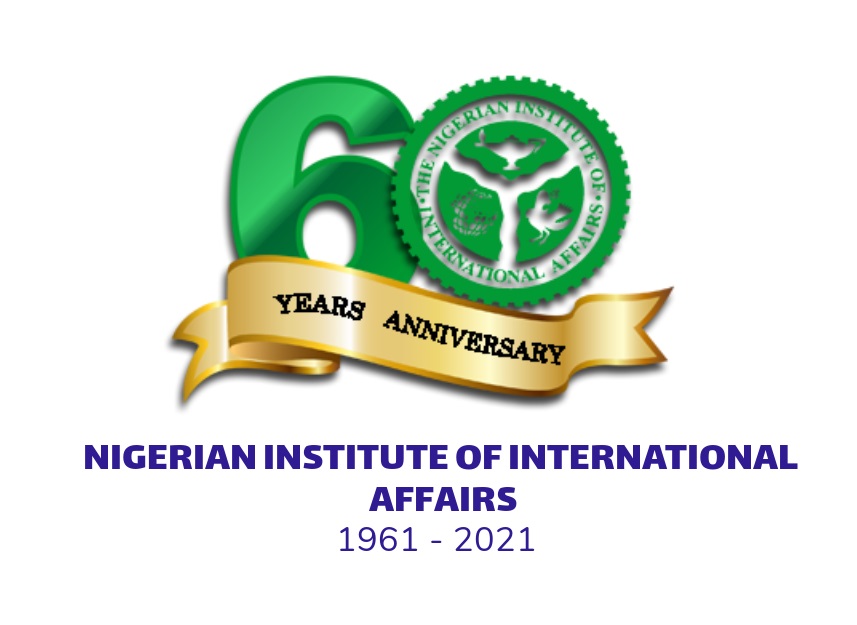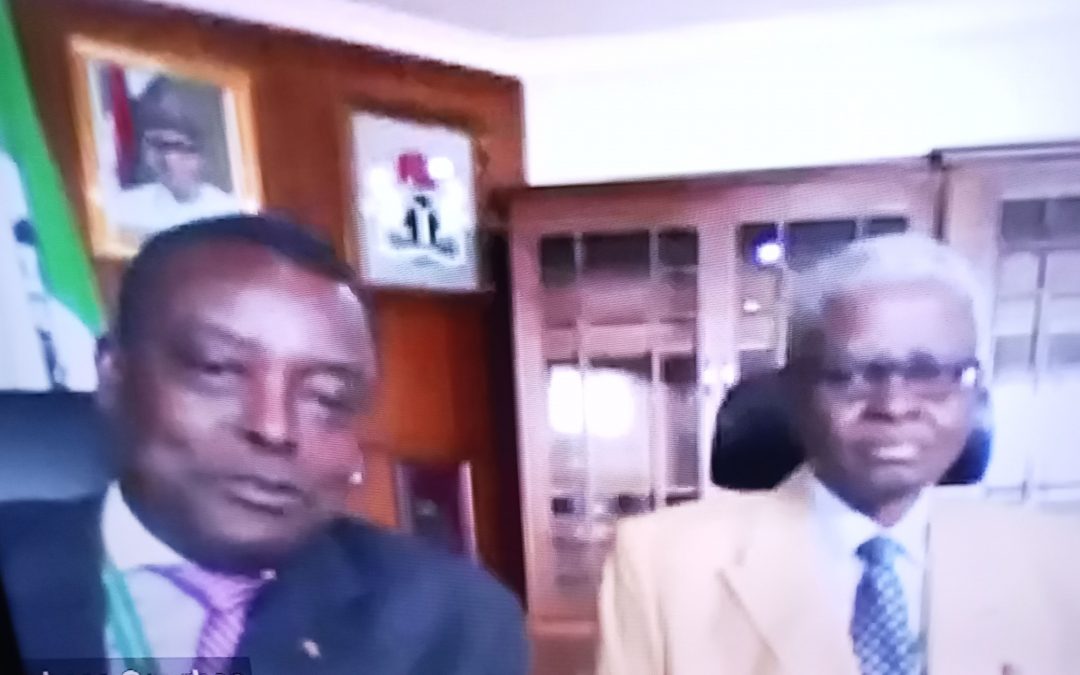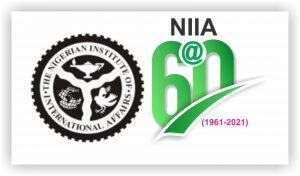Crisis in Nigeria? x-rays the state of Nigeria in the run-up towards the 2023 elections. It considers the political, socio-economic, and ethno-religious crisis and the various institutions saddled with stemming the tide for the smooth conduct of the 2023 elections. It further explores the historical trajectories of election processes in Nigeria noting the developmental processes, and juxtaposing that with the failure of the political elites to evolve in a similar manner.
Unarguably, Nigeria has witnessed some level of crisis given the difficulty that characterizes the day-to-day experiences of many Nigerians. This crisis has been largely humanitarian with some having some elements of violence and has had adverse effect on their lives. Some of the crises identified are the politico-religious crisis such as Boko Haram insurgency and ISWAP, the ethnic-induced crisis caused by IPOB and ESN, the socio-economic crisis which include the farmer-herder clashes, insurgency, kidnapping and more, the economic crisis expressed through high rate of unemployment, inflation and food insecurity and just recently, the cash crunch due to currency redesign. The last is the leadership crisis. It is this crisis Nigerians hope to address as they go to the ballot in days ahead.
Election has been conducted in Nigeria every four years since the return to democracy in 1999. Six elections have been conducted and the seventh is just some days away. There have been some reforms in the electoral process to improve election credibility. Away from the ballot snatching, rigging and result falsification that characterized the early stage of election process, the use of card and now the introduction ofBVAS modelhas been to mitigate the irregularities in the process.Civil engagement in form of voters’ sensitization and awareness has also brought a large turnout of youth for voters’ registration exercise which indicates that, more than as witnessed in previous elections, voters apathy will decline in the forthcoming election. This will further enhance the credibility and acceptability of the elections.
The 2023 election is a consequential election with high expectations both within the state and across the world especially in Africa. It is believed that Africa will get it right when Nigeria gets it right. Nigeria has played surrogate roles through peacekeeping activities in many African states and is much needed to play a reversal role of return to democracy in states which today are in the clutches of military rule particularly in West Africa. This is why the international community should be more interested in ensuring the smooth conduct of elections this year.
Speaking at the webinar hosted by the Nigerian Institute of International Affairs in conjunction with the School of Advanced Study, University of London organized a webinar on the topic: Crisis in Nigeria? were Prof Attahiru Jega, the former Chairman, Independent National Electoral Commission; and Prof Bola Akinterinwa, the former Director General of the Nigerian Institute of International Affairs. The host of the webinar in Nigeria is the current Director General of the Nigerian Institute of International Affairs, Prof Eghosa Osaghae. Click link to watch the webinar video https://youtu.be/VpPYNou4fyY




